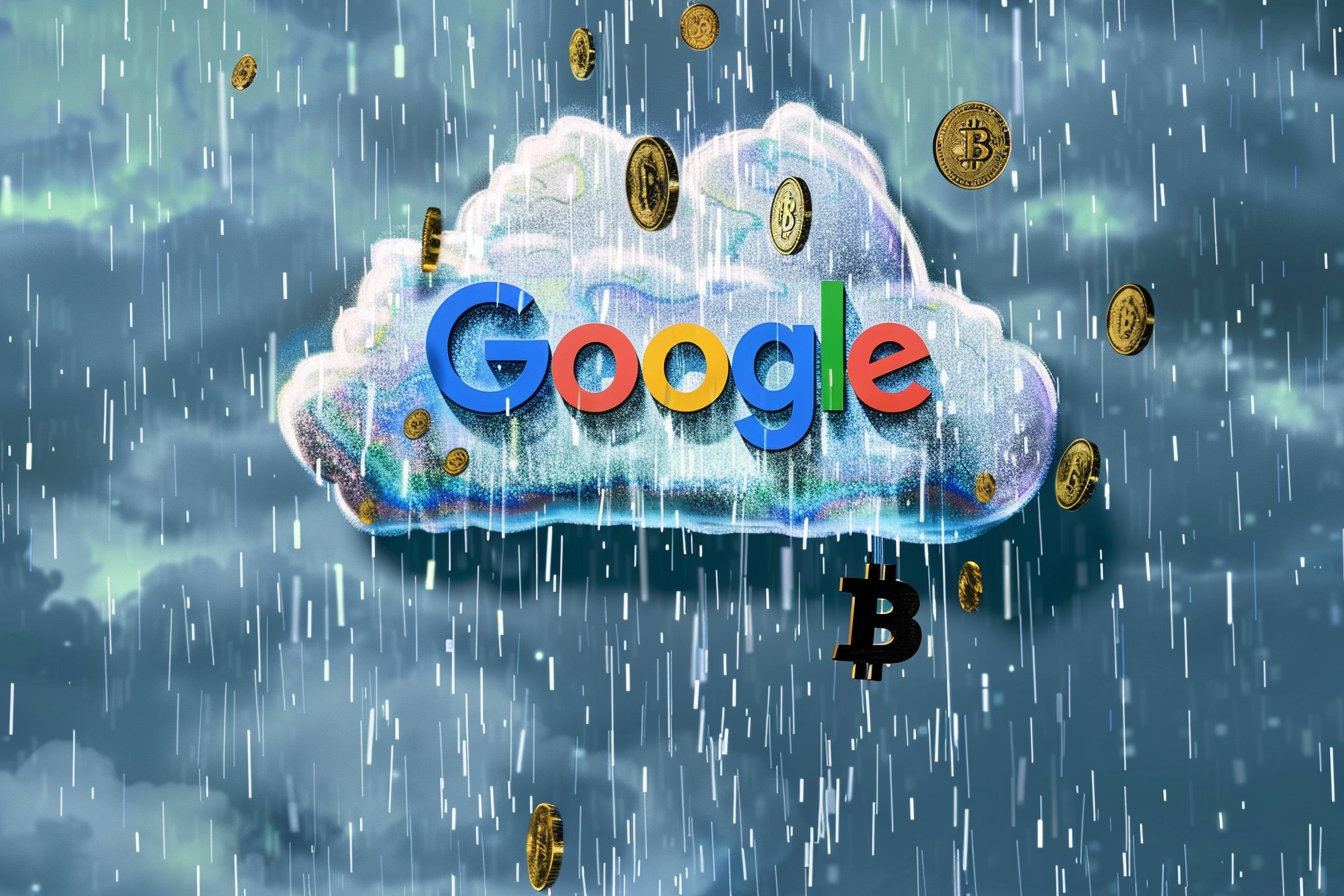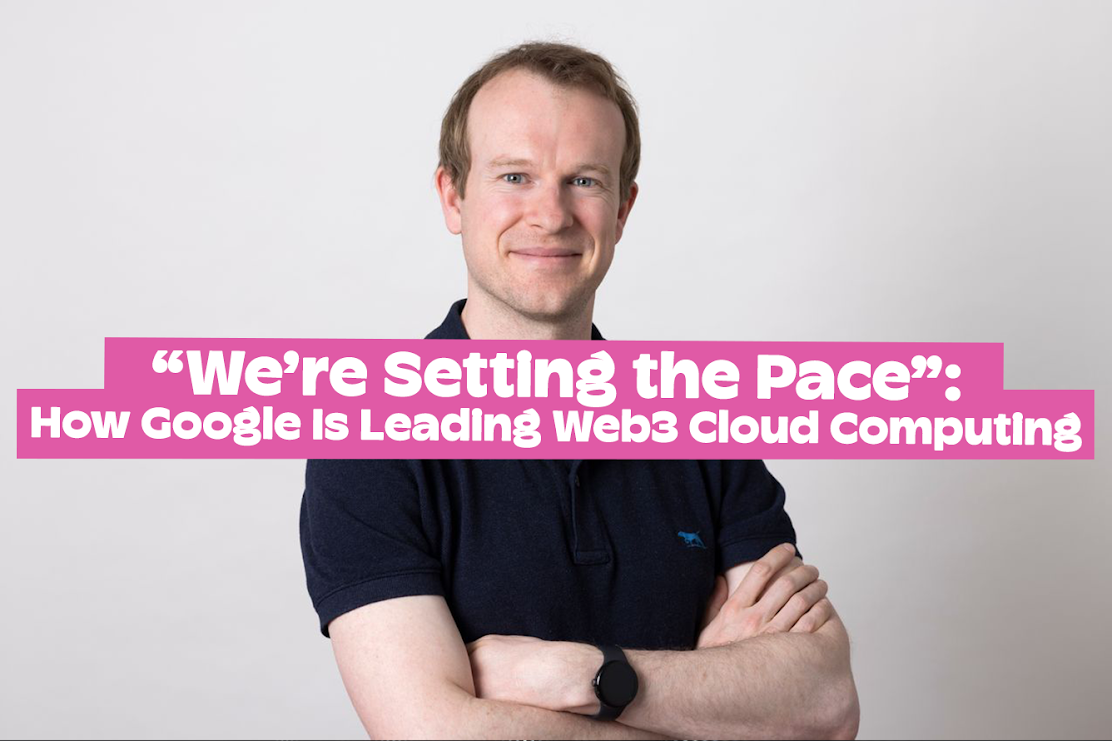Google Cloud's Web3 Portal Fails to Impress Crypto Industry

Google Cloud's new Web3 portal has been met with staunch criticism from the crypto community.
The tech titan introduced its Web3 portal with a breadth of features for blockchain developers such as data sets and tutorials.
Developers can utilize various products and obtain testnet tokens for deploying and testing their decentralized applications on Ethereum testnets Sepolia and Holesky.
There is also a learning program available featuring tutorials on creating NFTs, integrating Web3 loyalty programs, and implementing multi-party computation for securing digital assets.

However, the service was slammed for overlooking fundamental offerings for Web3 purists.
“No native Bitcoin and lightning support? Seems like an oversight to ignore the most important cryptocurrency,” vice president of product marketing at Unchained Phil Geiger said on X.
No native #bitcoin and lightning support? Seems like an oversight to ignore the most important cryptocurrency
— Phil Geiger (@phil_geiger) April 25, 2024
“Google launches a web3 portal and it's pretty terrible. Not impressed Google is way behind,” said a pseudonymous crypto user.
Breaking: @Google @googlecloud launches a web3 portal and its pretty terrible.https://t.co/qVqPpPY7YEhttps://t.co/gl8wb5k4UX
— MartyParty (@martypartymusic) April 24, 2024
Not impressed #Google is way behind. pic.twitter.com/CblunHTDQ1
"every google product has horrid QA management, except for chrome / search / gmail / calender / photos," tweeted another.
Web3 software developer, Kakr, also responded by highlighting how Google Cloud's product was inferior to theirs.
"None of these offerings can match our #Liaas. http://docs.kakrlabs.com The supposed blockchains on your cloud are, in reality, ethically, technically, and legally just Web 2.1 applications, not true Web 3 platforms. Unlike them, Litecoin maintains 100% uptime. As Google, you should recognize what is truly important. We encourage you to use our API to build solutions that matter," Kakr tweeted.
None of these offerings can match our #Liaas. https://t.co/fsvA974mne The supposed blockchains on your cloud are, in reality, ethically, technically, and legally just Web 2.1 applications, not true Web 3 platforms. Unlike them, Litecoin maintains 100% uptime. As Google, you…
— Kakr Labs (@kakrlabs) April 24, 2024
In January, Google Cloud joined Flare blockchain as a validator and infrastructure provider. Google Cloud serves as a contributor to the Flare Time Series Oracle (FTSO) - Flare’s native oracle for time series data such as cryptocurrency prices. Over 100 organizations are adopting both roles.
Dan Burke, the CEO of Nirvana Labs, spoke to Blockhead about the future of cloud computing and Web3. Check out the Blockcast below:

